The SC may argue that pleas are frivolous but the fact is a filter kills the very purpose of ensuring transparency
Ever since it became a reality, the Right to Information Act (RTI Act), which guarantees transparency in governance and ensures its accountability to citizens, has been defanged by successive regimes. It all began with the Manmohan Singh government when establishment hawks claimed that the law was being misused by “frivolous and vexatious” requests for information. Another canard was also spread about RTI being used as blackmail, a ruse to stifle it as more and more cases of corruption tumbled out of the cupboard following even simple requests for information. This thread was picked up by Home Minister Amit Shah who asserted that citizens do not have the need to file RTI applications because the Modi government is anyway transparent. Obviously, the RTI petitions had led to embarrassing revelations on demonetisation, Aadhaar and even bank NPAs. The judiciary, too, has not been proactive on this as questions have begun to be raised about the lack of transparency in its functioning. Agreed every law has advantages and pitfalls and the RTI could probably do with some caveats but when the Supreme Court, too, plays up the establishment’s anxieties, then the implication becomes serious for the common man. On Monday, the court ruled that the misuse and “criminal intimidation” of RTI should be stopped and that only petitioners, who are connected or involved with the issues raised, would be entertained. Describing the huge flow of applications under RTI as a “serious problem”, the Bench said though it was not opposed to the transparency law, there was a need to evolve some mechanism to ensure that only the affected or concerned person has the recourse to power. The problem with such filtering mechanism is that you first isolate the information seeker, making it that much easier for the powers that be to hound or silence him/her than when it is a class action plea. Far too many reports have emerged of RTI activists being killed. According to the Commonwealth Human Rights Initiative, 84 RTI activists have been killed in India since October 2005. Second, information on a policy matter of far-reaching consequence can never be a matter of personal but general interest. For example, no political party or politician will seek or be a party to a scrutiny of the electoral bond scheme, the working of which impacts voter preferences. Also, if a bidder in a government contract loses out over suspected foul play, will the individual/organisation pursue a petition, the effort for which may disqualify them from future contracts as a trouble-maker? The top court, however, directed the Centre and various State Governments to fill up vacancies of information commissioners, which have further held up crucial files. Independent studies have shown that at one time there were four vacancies in the 11-member Central Information Commission (CIC) while pendency had been rising every month to touch 33,000. The studies also found out that an appeal in the Andhra Pradesh State Information Commission could take 18 years for scrutiny. That time taken in Bengal and Odisha would be five and four years.
The RTI is slowly becoming another casualty of democracy, the government having whittled down its efficacy and the institutions formed by it with an amended version. The new RTI anyway strips the Information Commissioners from the immunity that is given to Supreme Court judges and Chief Election Commissioners, subjecting their service records, tenure and salaries to the discretion of the government or the Executive. Effectively, it means defanging them as the Government can remove them when it considers them unsuitable to its design. A fixed tenure and autonomy regardless of the government of the day would enable them to pursue fair probes. Otherwise, they would be afraid to be independent. Even our first Chief Information Commissioner, Wajahat Habibullah, and several other bureaucrats had written to the Prime Minister Narendra Modi to not bring the amendments and dilute what actually empowers the common man. Modi, who made running a corruption-free government his professed mantra since 2015, lost credibility by pushing something antithetical to that spirit. But now that he has the heft of the Lok Sabha verdict, he is beyond any criticism of the citizenry that voted him. Information Commissions are crucial links in allowing access to the workings of the Government. The system was anyway dependent on retired bureaucrats and now has loyalists. As it appears, RTI is now a robotic ritual than democratic intervention.
(Courtesy: The Pioneer)







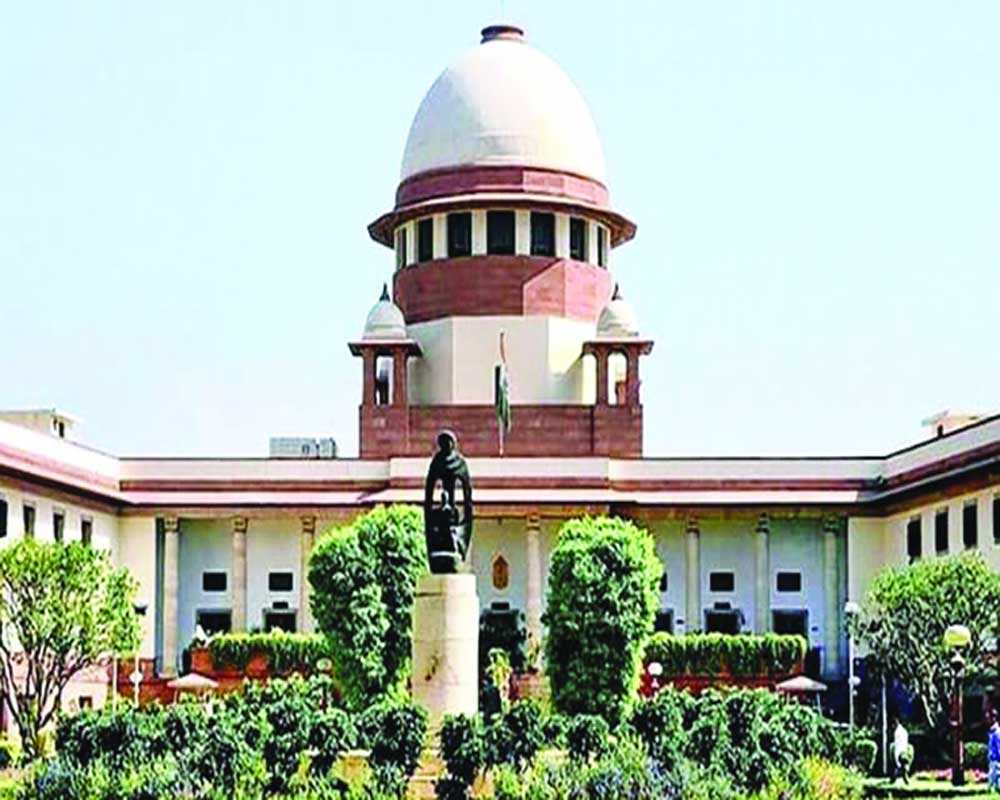
 OpinionExpress.In
OpinionExpress.In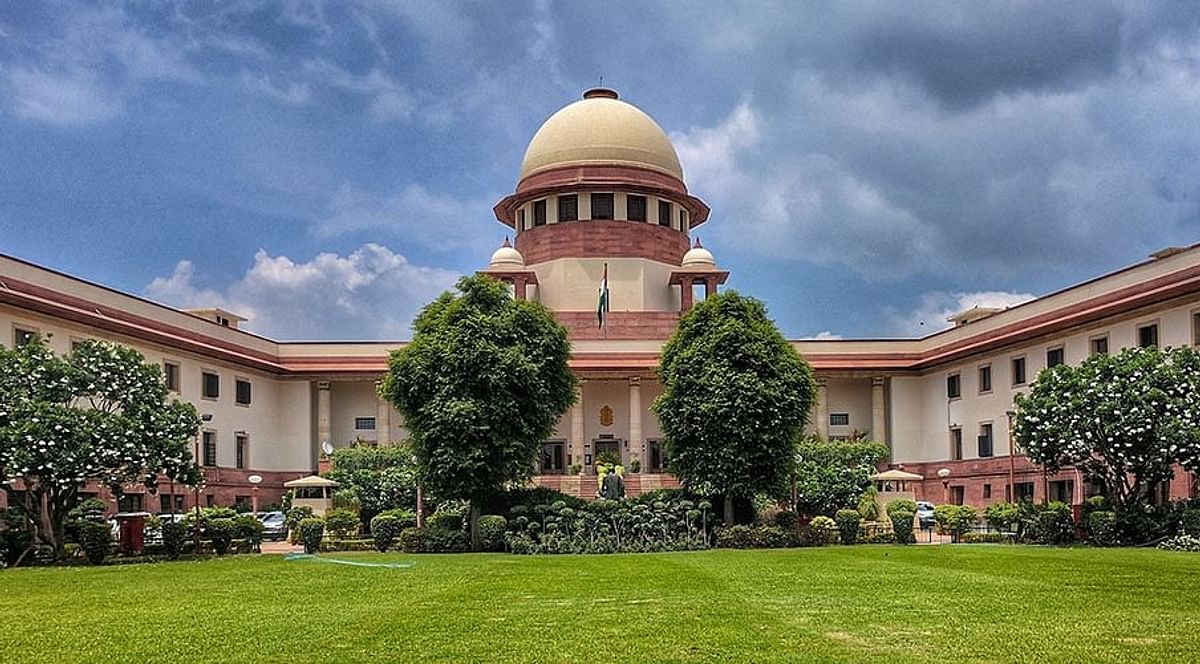
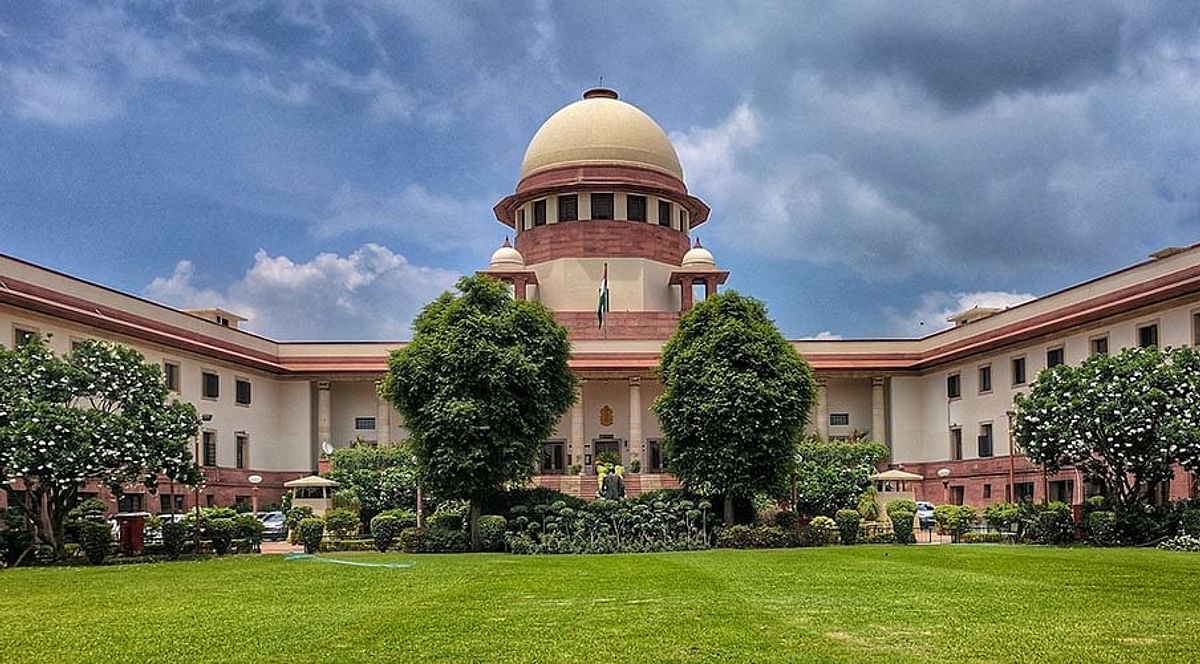
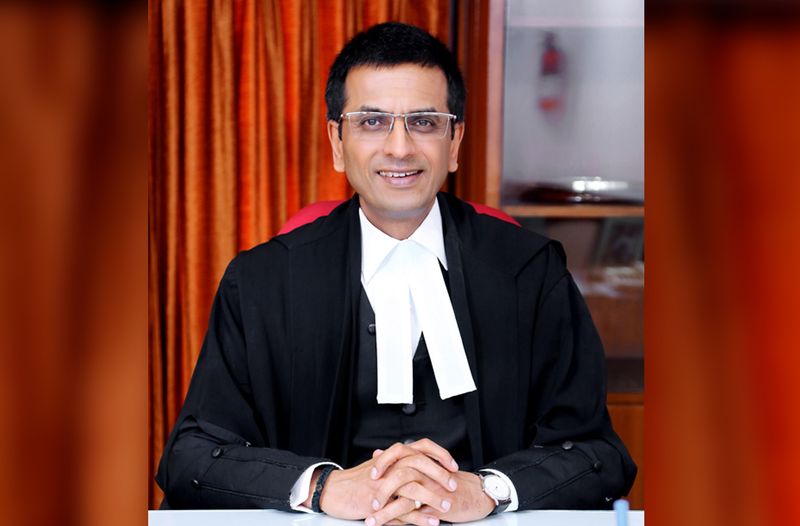
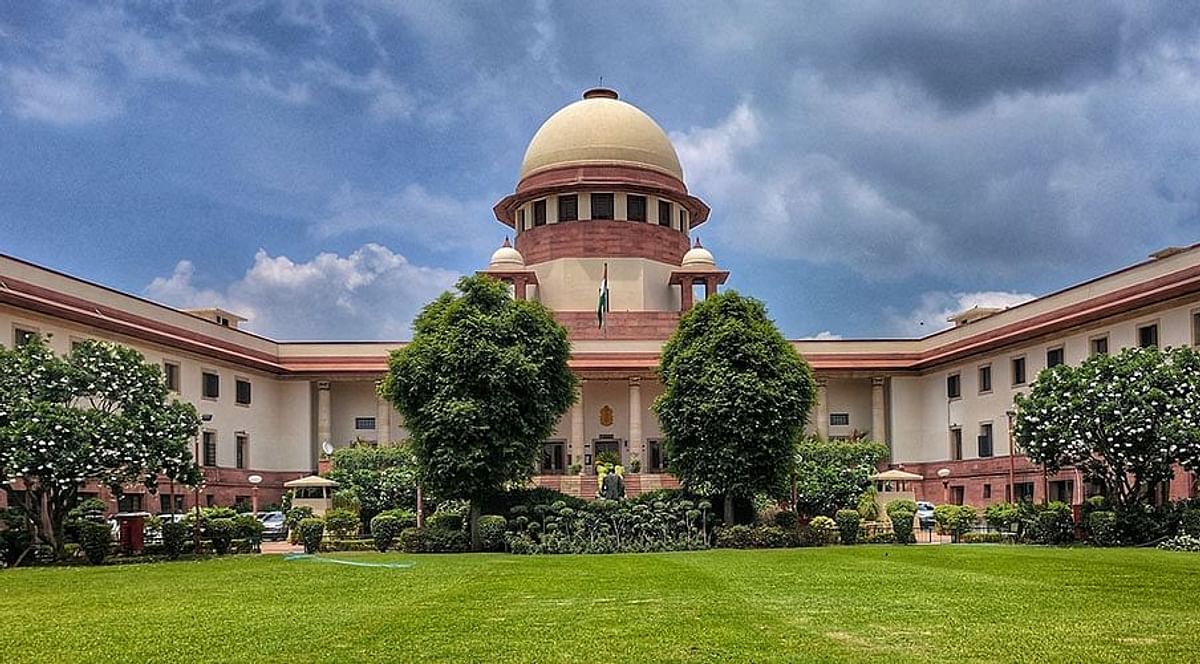
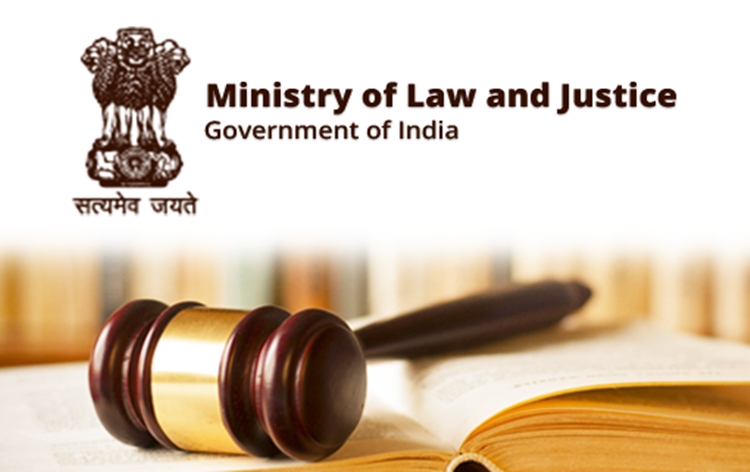
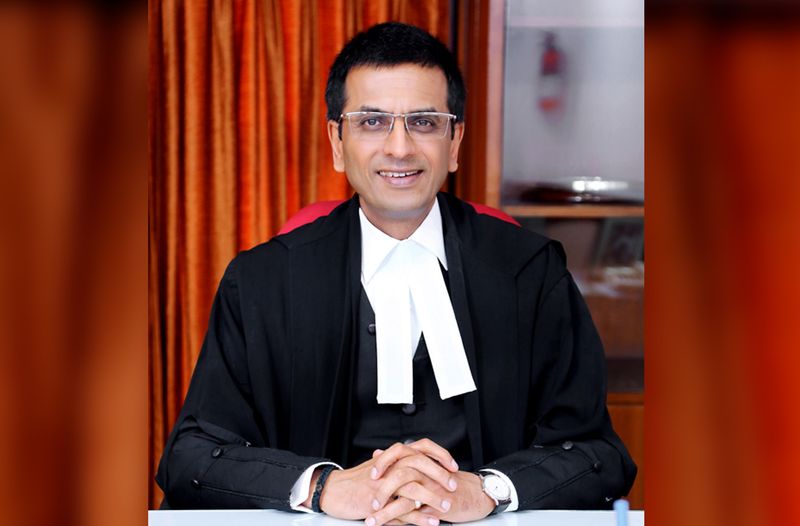
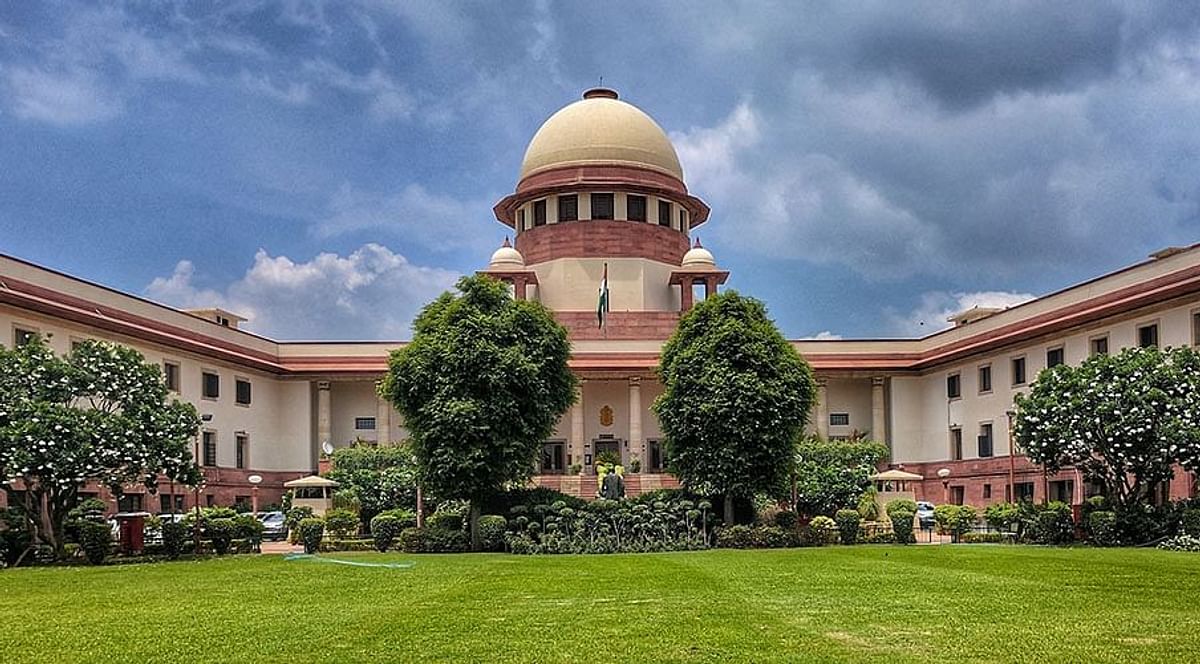

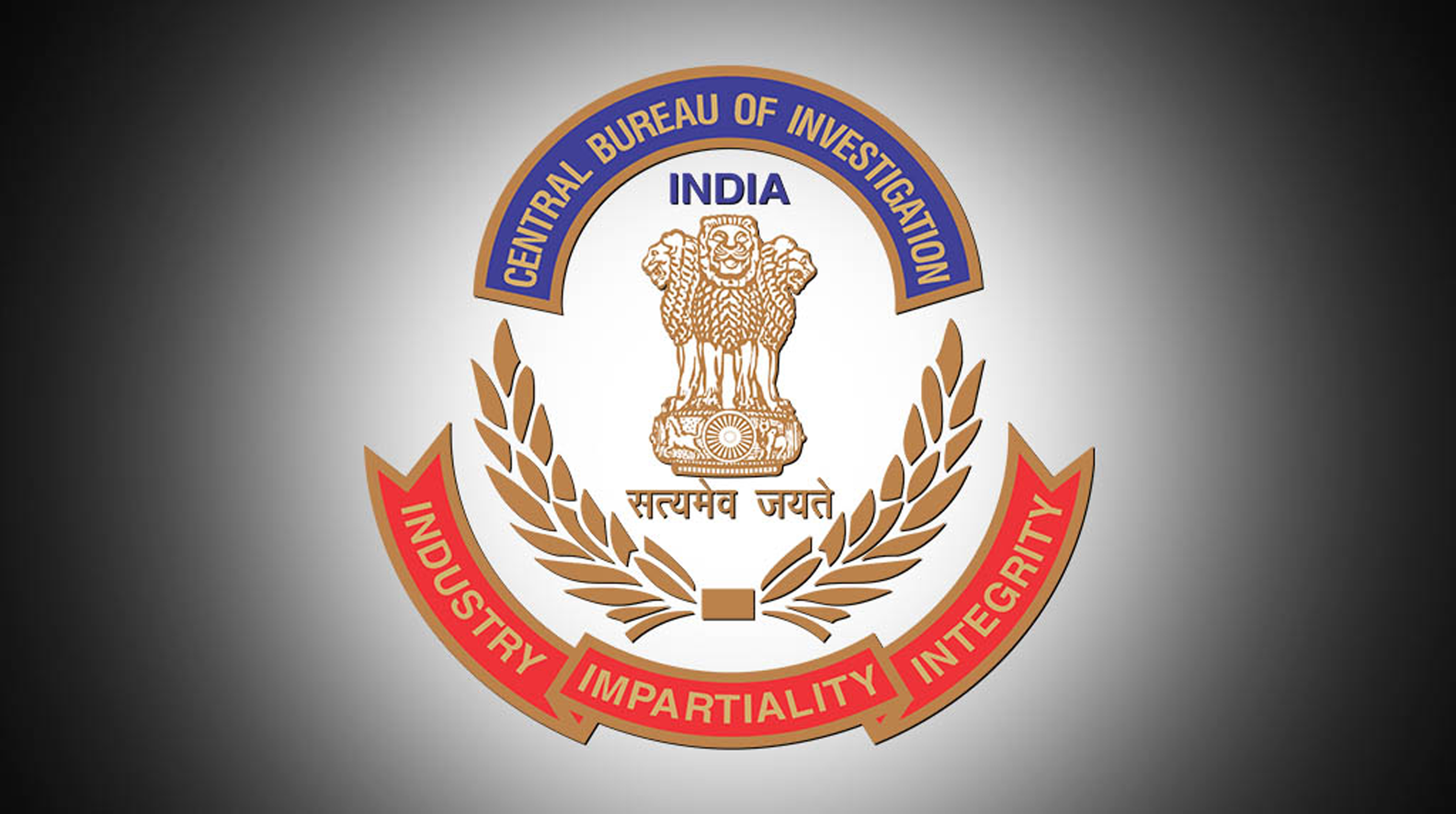
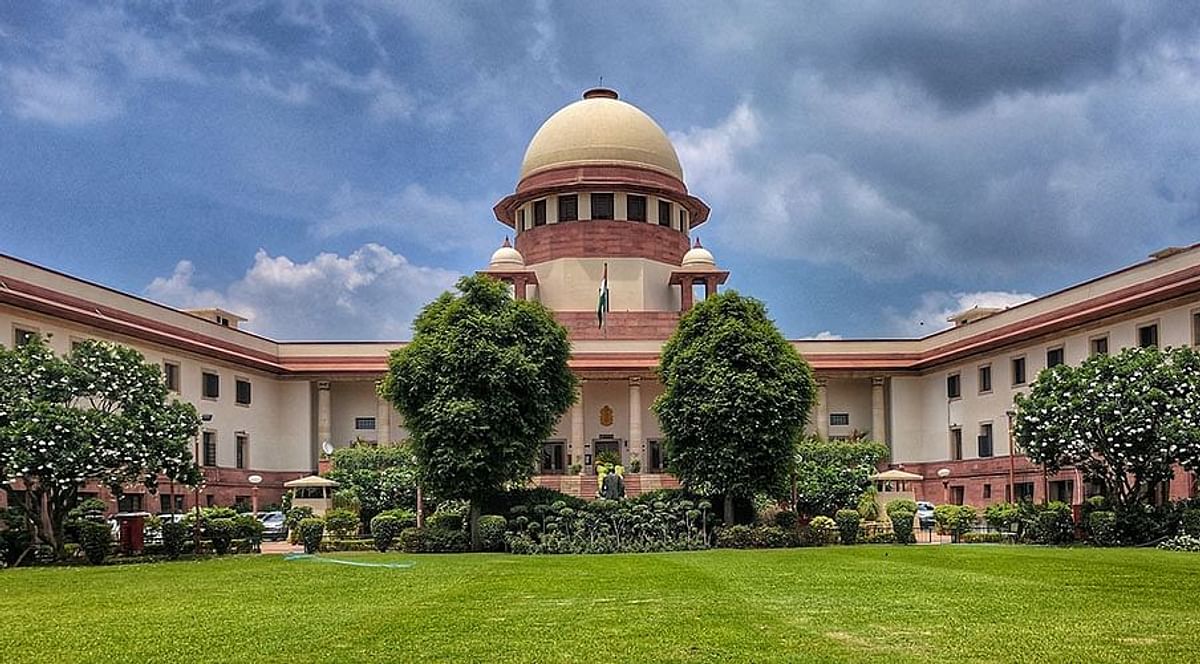






Comments (0)